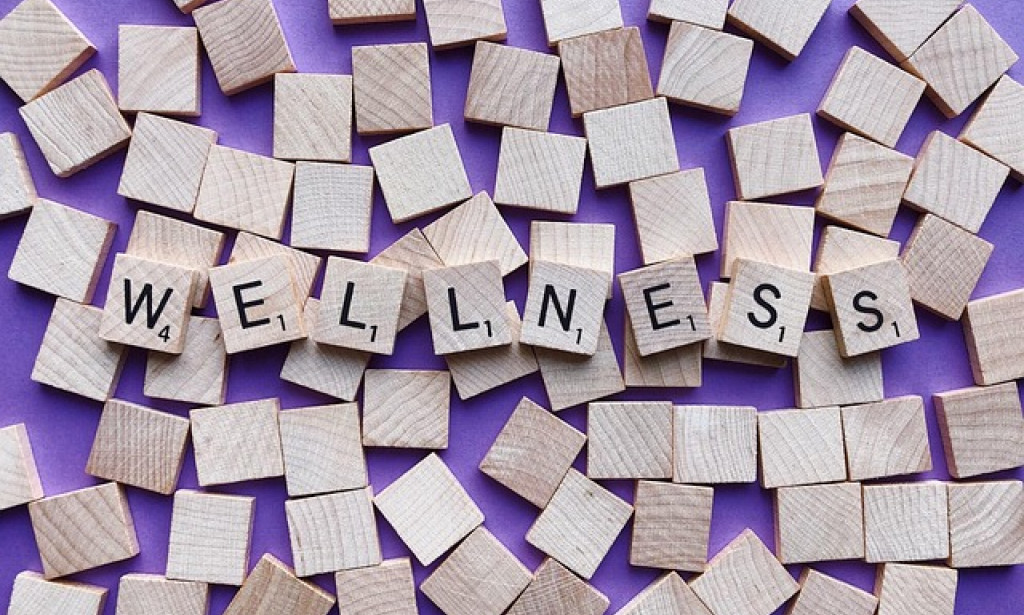It is early morning, and Ayesha decides to switch off her phone for a day. The first few minutes feel strange. She keeps reaching for her phone, only to remember it is off. But as the day goes on, something changes. She feels calmer, more focused, and her thoughts are finally quiet.
Ayesha’s story is not unique. Around the world, more young people are trying what is now called a digital detox, taking short breaks from social media or screens to rest their minds. This trend is growing quickly in 2025, especially among Gen Z students and professionals who are tired of being online all the time.
Too Much Screen Time
According to a Pew Research Center report (2024), almost half of all teenagers say they are online “almost constantly.” Around 90 percent of teens use YouTube, while most also use TikTok, Instagram, and Snapchat. Another survey in 2025 showed that 48 percent of teens believe social media has a mostly negative effect on people their age.
Many young people now admit they spend too much time online and that scrolling makes them feel mentally drained. Psychologists call this screen fatigue. It happens when the brain gets too much stimulation from constant videos, notifications, and messages.
The Impact on Sleep and Focus
Research shows that being online late at night affects how well we sleep and think. A University of Cambridge study (2025) found that teenagers who sleep earlier and longer perform better in reading, vocabulary, and problem-solving. Another review in Frontiers in Neuroscience (2025) confirmed that lack of sleep makes it harder for the brain to stay focused and flexible.
The Sleep Foundation also explains that sleep helps our brains store memories. When we stay up scrolling, we interrupt this process, which makes it harder to learn new things. In fact, a MedicalXpress study (2025) found that reducing screen use before bed helps people sleep longer and better.
Why the Detox Movement is Growing
These facts are part of why more young people are turning to digital detox routines. Some students now set "offline hours," others leave their phones outside the bedroom, and a few even plan full "no-screen weekends."
TikTok’s #DigitalDetoxChallenge has reached millions of views, with users showing how life feels different without social media. Universities in some countries are also testing "Mindful Tech" programs to help students rest their eyes and minds.
For many, the goal is not to delete apps forever but to use them in healthier ways. As one student said during a campus interview, "I realized I don’t need to check my phone every ten minutes. The world keeps moving even when I’m not online."
Finding Peace in Balance
Digital detoxing is not about rejecting technology. It is about finding balance. Phones and apps are useful, but they should not control how we feel.
By taking short breaks, sleeping better, and being more present, young people are learning to take back control of their minds. In the end, disconnecting for a while helps reconnect us with what truly matters: focus, peace, and real life beyond the screen.



You must be logged in to post a comment.